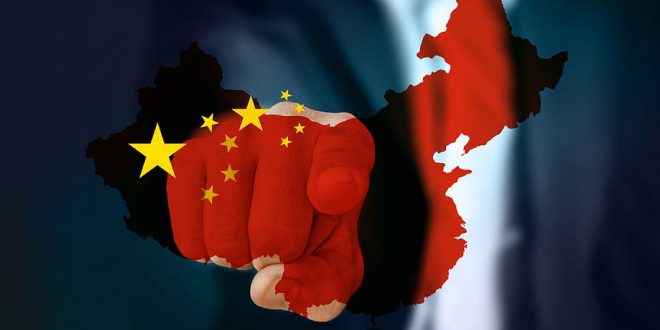When markets in the US and Europe are shaken by banking instability, a stronger Chinese-led growth in emerging markets will likely protect the equities, bonds, and currencies of many developing countries.
But, weeks of market volatility brought on by bank collapses, rescues, and emergency government intervention could impact weak emerging nations, according to strategists, needing careful selection.
The growth premium for emerging countries, which China is obviously driving, is now much more established. Experts predict that developed markets like the United States would have slower growth due to high interest rates, inflation, and stress within some financial institutions.
The US Federal Reserve hiked rates this week by a quarter point, but it also hinted that it would suspend those increases, and some analysts anticipate that it will decrease rates later this year if the economy weakens.
Notwithstanding the wider pressures, the risk premium on EM bonds had increased, but the effects had so far been minimal.
There haven’t been many indications of real stress in EM because fixed income returns have been muted by rates markets that have priced Fed cuts later in the year.
Many of the leading central banks in the globe are openly debating ending rate increases sooner rather than later, not least in light of the recent market unrest.
This might open the door for EM policymakers to begin lowering interest rates, which would promote GDP.
The largest asset manager in the world, BlackRock, changed its rating on EM local debt from neutral to overweight last week.
“We prefer income in emerging markets debt with central banks closer to turning to cuts than developed markets, even with potential currency risks,” it said in a research note.
Local EM bonds have seen a return of 3.3% in the month-to-date (.JGEGDCM), compared to a 3.1% gain in US 10-year Treasuries.
Attractive local debt valuations in Brazil, Columbia, Peru and Mexico offer good opportunities over the next six months, while currencies call for more caution.
After three years of COVID-19 lockdowns, China’s economy began to open up at the beginning of this year, which led to a significant increase in the value of emerging market assets.
Although gains have recently been more subdued, the MSCI’s Emerging Markets Equity Index is projected to increase by 2% in March, outpacing pan-European stocks.
 Noor Trends News, Technical Analysis, Educational Tools and Recommendations
Noor Trends News, Technical Analysis, Educational Tools and Recommendations





